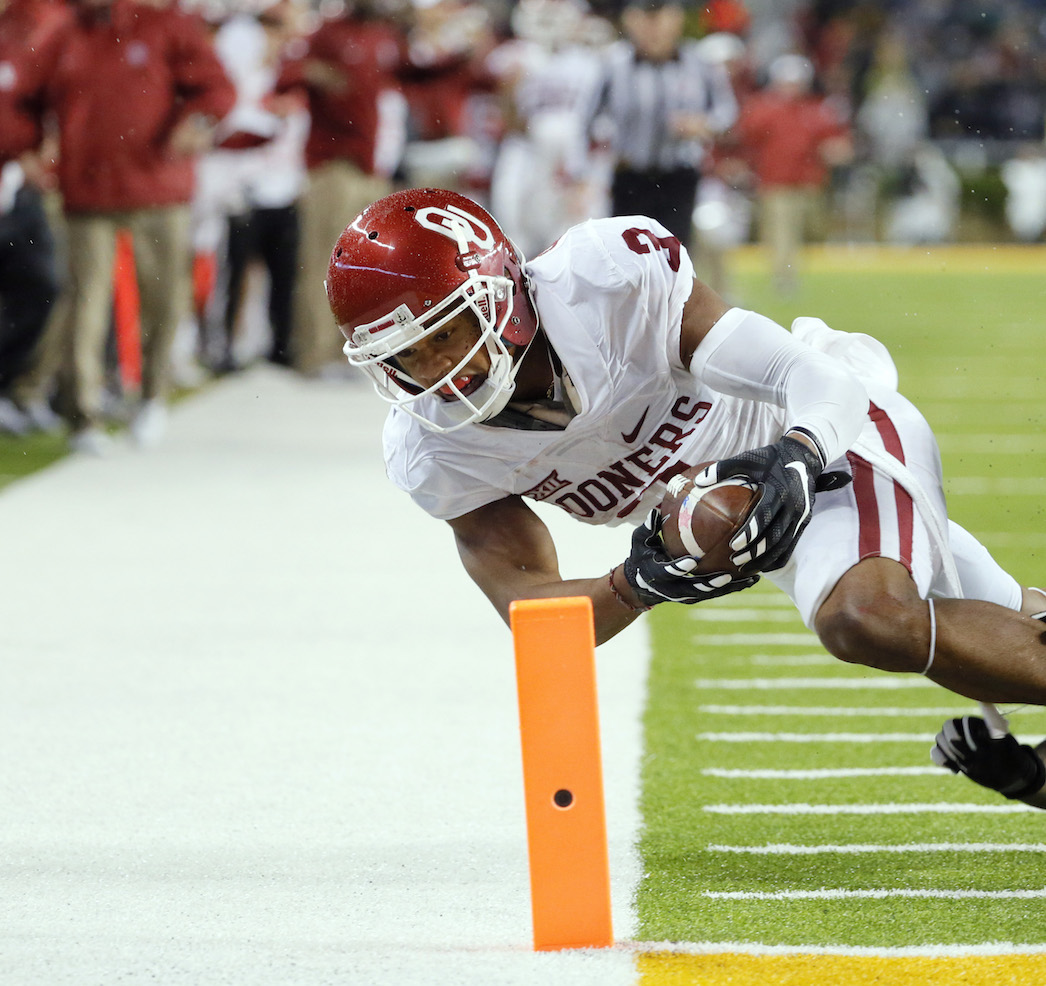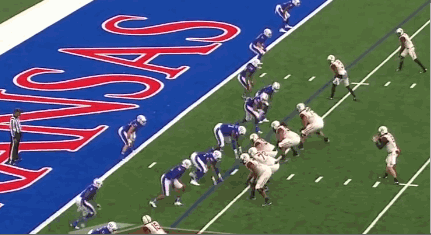Last season, the New York Giants were one of the lowest-graded teams on both sides of the ball, and it’s no surprise that they ended with a 6-10 record for the second consecutive year. Consequently, the team became one of the league’s biggest spenders in free agency to make sure their 2016 roster would be an improvement over what they put on the field in 2015. Most of those resources were spent on improving the defense — particularly the defensive line, with Olivier Vernon and Damon Harrison coming in.
But what about the offense? New York collectively had a negatively-graded passing game last season, with below-average marks in all facets (passing, receiving, pass-blocking). One of the only bright spots on the unit was wide receiver Odell Beckham Jr., whose +22.3 receiving grade was the fifth-highest in the NFL, while the rest of the Giants WR group combined for a -23.1 grade. Part of that was likely due to the absence of Victor Cruz, who missed the entire season after logging just 392 snaps in 2014. Over that span, QB Eli Manning finished with two of the three lowest passing grades we’ve seen from him since PFF started grading in 2007. Of course, poor tackle play and bad decisions under pressure should be noted, but Manning still suffered from a lack of adequate receiving options.
The good news is Cruz should be back this season, but it’s uncertain whether he’ll regain his 2011-2013 form, and he graded slightly below average the last time we saw him in 2014. Even with a potentially healthy Cruz, the Giants still needed WR help. Rather than dipping into a relatively weak free agent class, the team instead looked to the draft, selecting Oklahoma’s Sterling Shepard in the second round.
Shepard was the second-highest-graded receiver in the entire FBS last season (behind TCU’s Josh Doctson, who went to Washington in the draft) and his blocking mark was also among the 10 best at the position, despite sitting at 5-10 and under 200 pounds. He naturally projects to the slot, having spent 68.9 percent of his snaps there during his final college season, gaining 1,015 yards and reaching the end zone six times. Additionally, his 3.17 yards gained per route run from the slot would have been no. 1 among NFL receivers last season, besting Beckham’s top-ranked YPPR of 3.03.
Aside from slot production, one of the main problems Shepard should help rectify is drops — last season only three quarterbacks saw more passes dropped than Manning, and his 37 drops cost him at least 290 passing yards in the process. Meanwhile, Shepard had just four balls go through his hands in 90 catchable targets. His elusiveness is also a plus (team addressed this issue by drafting RB Paul Perkins as well). Outside of Beckham, Giants receivers forced just 11 missed tackles last season, eight of which came from Rueben Randle, who’s no longer with the team after signing with the Eagles during free agency. Shepard forced more than that by himself last year in college, making 12 defenders miss.
We’ll see how he fares in training camp and early on, but the Giants’ passing game and receiving group should be much improved over the long-term from Shepard’s addition. Crucially, he should take pressure off of Beckham, and in the event that Cruz regains his form, Shepard’s skillset allows him to play outside as well, although he’s best suited for the slot.



 © 2025 PFF - all rights reserved.
© 2025 PFF - all rights reserved.